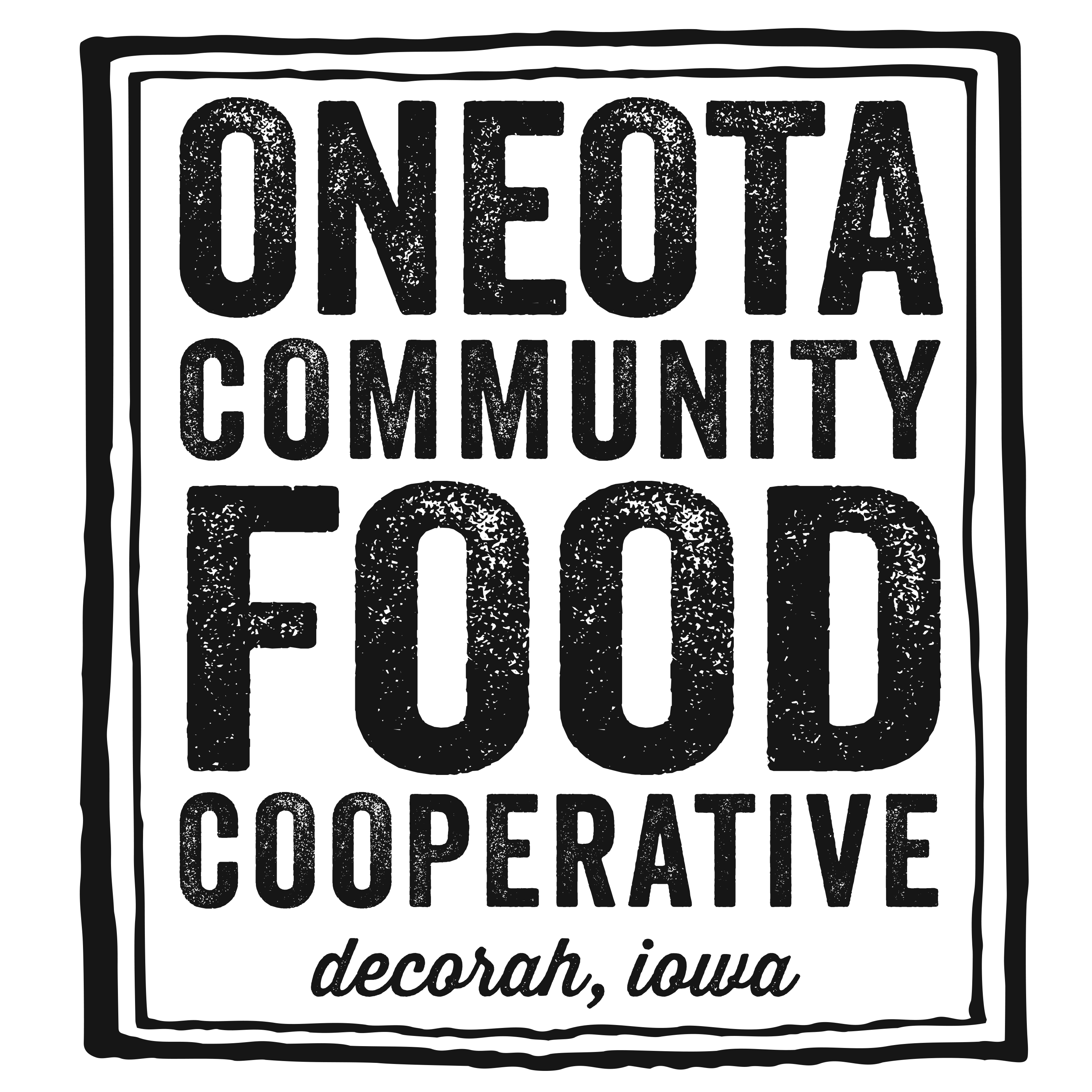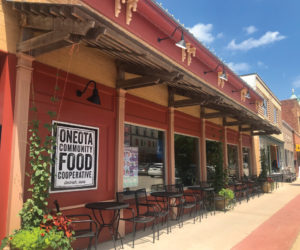A Profitable Cooperative?
by Bill Pardee, Oneota Community Co-op Board President
Recent news has reported large profits by some corporations while the same corporations refrain from hiring. Some in our community disapprove of profits, leading to several important questions. For example, in the years when OCC makes a profit, has it over-charged its members? Should OCC even try to make a profit? My answers are “No,” and “Absolutely!” I’ll explain my answers, because those answers clarify the meaning of membership in OCC.
A cooperative has similarities to and differences from a corporation. Like a corporation, we have stock. Unlike a corporation, each owner (member) invests the same amount and has the same vote (one). Unlike a corporation, members own the profits, if any, based on how much they purchased, not on how much they invested. That is, when the Co-op has a profit, that profit belongs to the member-owners, unlike a purchasing club like Sam’s Club or Costco, where profits are reinvested or paid to the investors, not the club members.
When a corporation expands, success increases the value of the investor’s shares. Your Co-op share remains constant in value; expansion doesn’t increase your share value. Expansion benefits you if it enables the Co-op to buy at lower prices or increases the range or quality of goods and services it can offer. But expansion has a cost. The capital must come from borrowing or profits, and, in either case, you pay for that expansion. The ideal balance between the benefits and cost of expansion depends on what’s important to you, our member-owners. The Board has the difficult responsibility to estimate that balance as decisions arise.
Because our shares don’t increase in value, a co-op cannot raise capital as directly as a corporation. The tax law has recognized that difference by allowing special treatment of co-op profits. Co-op’s are allowed to declare a patronage dividend, thereby eliminating taxes on that profit, but to retain up to 80% of that dividend in the member-owner’s name as equity. That equity helps fund repairs, improvements, and expansion.
If you leave the Co-op, your share purchase will be refunded. The equity that may have accumulated, though retained in your name, may not be paid to you. That retained equity usually builds community resources that strengthen the co-op for all members. It paid for part of the new roof, for the new HVAC units, and so on. That’s no more refundable than the tax dollars used to build roads and schools.
Should the Co-op be profitable? We try to make a minimum profit of at least one half of one percent. We need that minimum profit to be reasonably confident that we won’t lose money. We have bills and wages and debts to pay, and we have no deep pockets to cover losses. If we exceed that minimum level and achieve a 1% or larger profit, tax law makes it better for the Co-op to declare a patronage dividend, paying at least 20% of it to you, than it is to pay taxes. We look forward to declaring and paying a patronage dividend in coming years.



